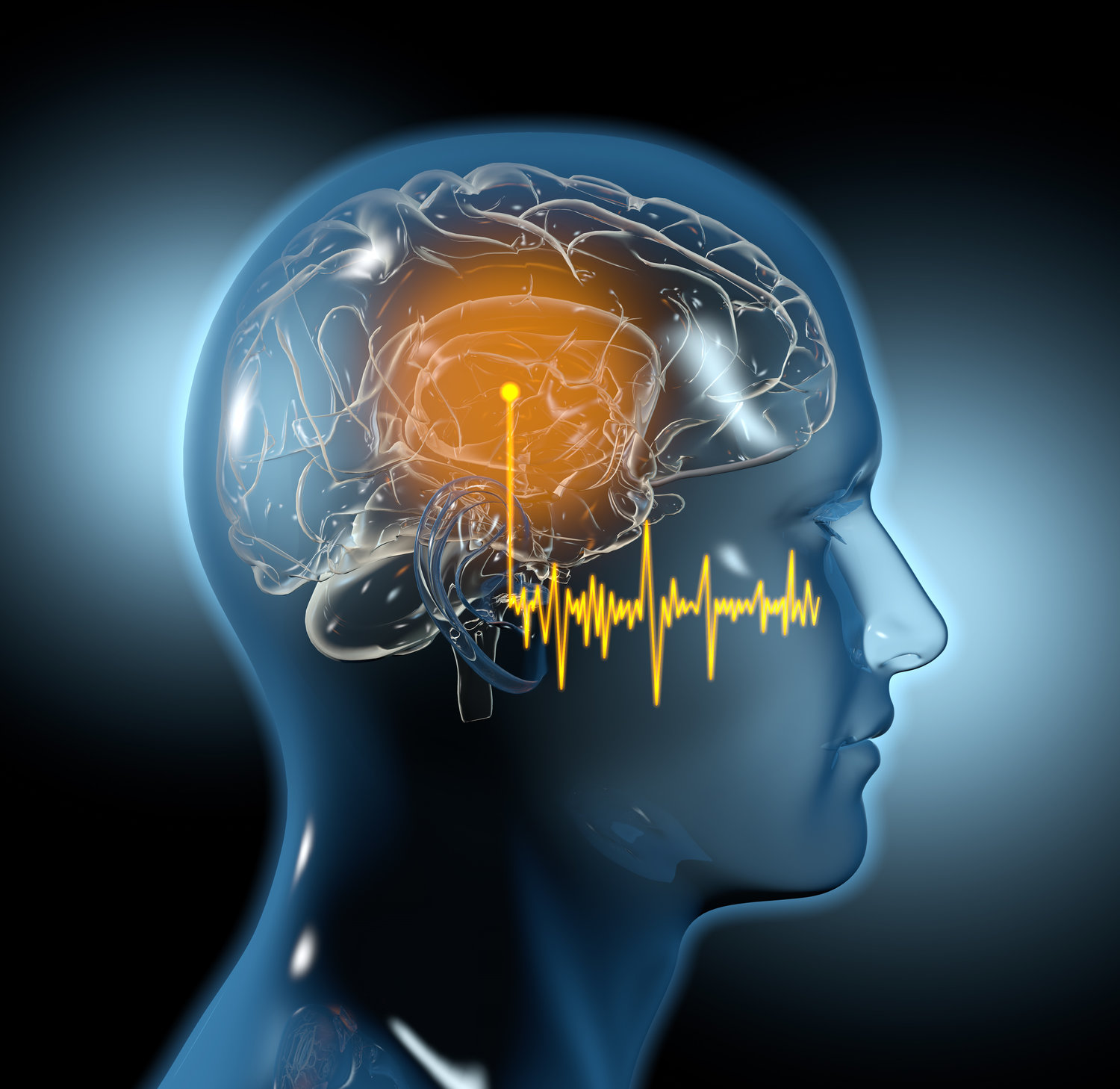Have you ever heard the expression that we hear with our brain, not our ears? And do you know there is a strong relationship between hearing loss and dementia? To understand the relationship between hearing loss and dementia, we must first understand how the human ears works, which allows us to hear and understand sounds.
How does the human hearing system work?
When there is sound in the environment there are sound waves in the air. The Outer Ear collects the sound waves and travels down a narrow canal call the Ear Canal. Then the sound waves will reach a membrane call the Eardrum, and it causes the Eardrum to vibrate.

Behind the eardrum is connected to three small bones call the Malleus, Incus, and Stapes. With the vibration of the eardrum, the three tinny bones are also vibrating. The three tinny bones amplify sound vibrations and send them to the inner ear hearing organ, the Cochlea.
The cochlea is a snail-shaped organ, and it contains fluid. Sound vibrations will cause the fluid in the cochlea to move and create waves. Inside of the cochlea there are also hair cell bundles. As the fluid in the cochlea moves by the sound vibration, the hair cell bundles will also move. The movements of the hair cell bundles turn the waves of the fluid into electrical signals and get send up to the brain via the auditory nerve.
Different hair cell bundles are responsible for different pitches of sound. The hair cells located at the base of the cochlea are responsible for high-pitched sound (ex. Women’s voice), the hair cells located at the apex of the cochlea are responsible for low-pitched sound (ex. Men’s voice). As the electrical signals got sent and reached the brain through the auditory nerves, we can therefore recognize and understand sound.

How does hearing loss relate to Dementia?
By understanding how the human hearing system works, one can see the ears are mainly functioning as a conducting system for acoustic information, ultimately sounds have to make sense up in the brain. Hence, one would say, we hear with our brain, not our ears. To keep the hearing part of the brain active sounds from the environment are essential. With hearing loss, there are less sounds got send up to the brain. Therefore, over time the hearing part of the brain progressively becomes less active. With long time untreated hearing loss, atrophy could happen to that part of the brain. Once one part of the brain atrophy, it can spread to other parts of the brain over time. Therefore, dementia occurs.

